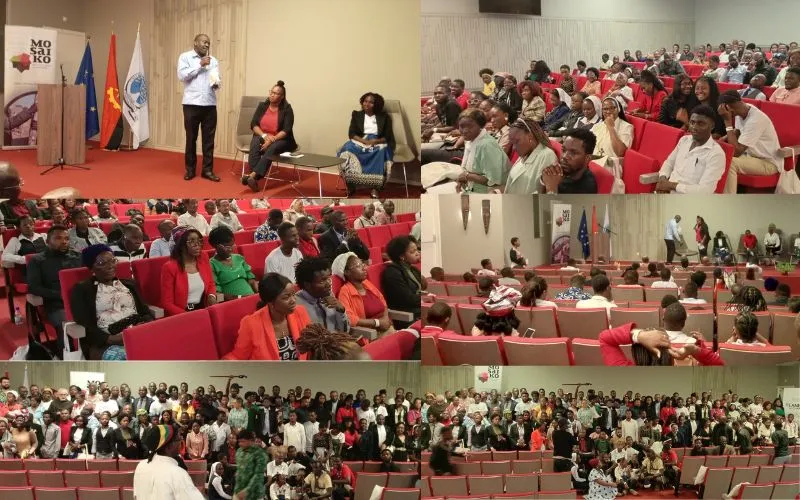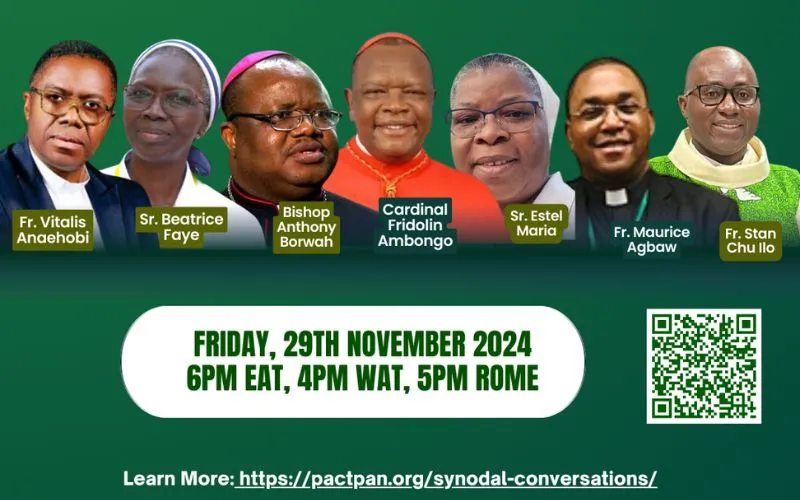Luanda, 23 September, 2024 / 9:50 pm (ACI Africa).
The Director-General of MOSAIKO Institute for Citizenship, an entity of the Order of Preachers (OP) that is promoting human rights in Angola in Angola has called for increased efforts to educate citizens on environmental issues and raise awareness of urgent ecological challenges.
In a September 21 interview with ACI Africa, Br. Júlio Candeeiro noted that the protection of the environment starts with capacity building.
“Communities need to be empowered regarding the environment. Therefore, the work of organizations like MOSAIKO and the churches is to keep increasing people's environmental awareness,” Br. Júlio Candeeiro told ACI Africa.
Reflecting on the September 18-19 International Conference on the Environment that was held at the Catholic University of Angola, Br. Candeeiro underscored the need for environmental education, noting that “people need to understand that the environment has its own rights, and we, as human beings, have the right to live in a healthy environment.”
“People must realize the environment has its own rights, the earth has its rights, and we humans have the right to live in a healthy environment because we are part of nature,” Br. Candeeiro said.








